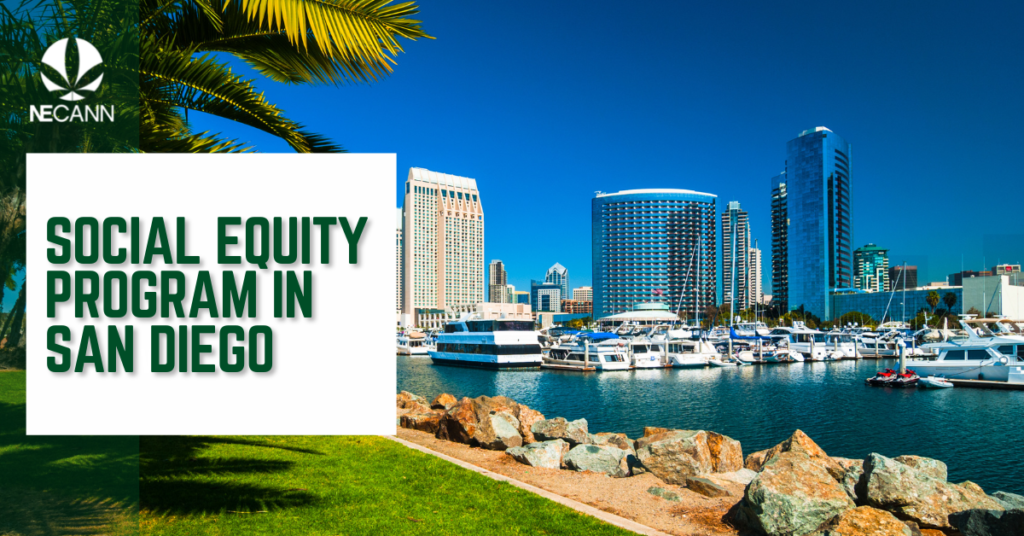The San Diego City Council in California authorized a social equity program that includes start-up loans, fee waivers, and other business support for the city’s cannabis industry.
In 2017, San Diego became the first city in California to establish a license scheme for adult-use cannabis; nevertheless, social justice clauses were absent.
Being convicted of a cannabis crime or having a family member convicted of one within the San Diego city limits after January 1, 1994, and being a current or former resident of Barrio Logan, Linda Vista, southeastern San Diego, Encanto, Golden Hill, North Park, City Heights, or the Colony for at least five years between 1980 and 2016 are both requirements for eligibility for the San Diego social equity program.
Two additional requirements must also be met by applicants: they must have a household income below 80% of the area median income, which in 2022 is $106,900 for a family of four; they must have lost their San Diego home through eviction, foreclosure, or subsidy cancellation after 1994; they must have gone to school in the San Diego Unified School District for at least five years between 1971 and 2016; or they must have been adopted at any point between 1971 and 2016.
In spite of making up only 44% of the population, 68% of cannabis business owners in the county, according to a city-conducted poll, are White. Despite making up 34% of the county’s total population, Latinos hold 14% of licenses. Black folks made up 5.6% of the county’s population but controlled 7% of licenses. According to the report, 87 percent of the county’s cannabis license holders are men and 13% are women.
San Diego will be qualified to join nearly all of California’s other major cities in developing a state-funded cannabis equity program as a result of the study and the fresh equity initiatives.



